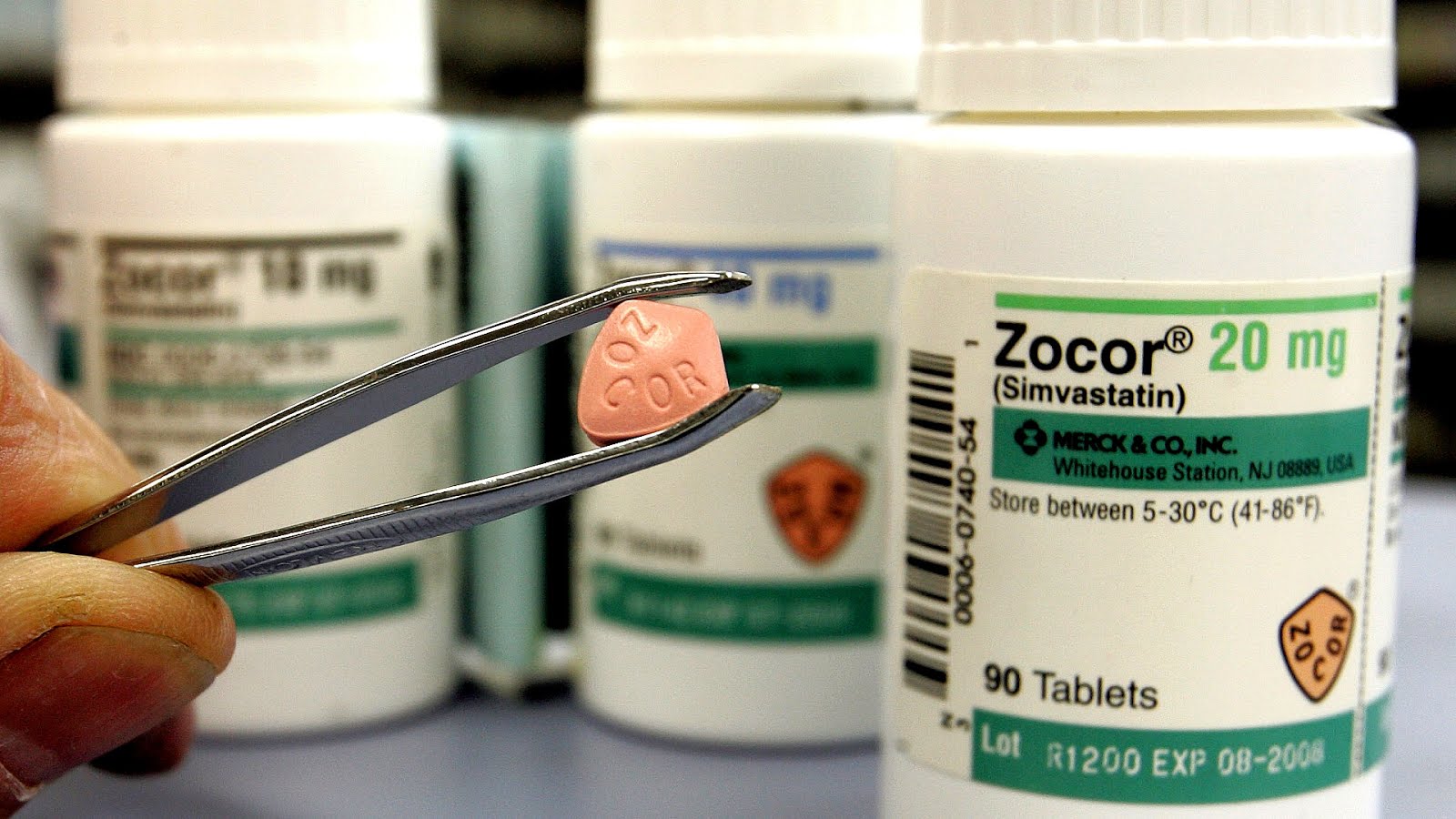
For more information on ACL inhibitors visit the National Library of Medicine (link opens in new window). *Adenosine triphosphate-citrate lyase (ACL) inhibitors are not in the current Guideline on the Management of Blood Cholesterol, as they were FDA approved in 2020.
Bempedoic acid and ezetimibe (Nexlizet). They are used in combination with lifestyle changes and statins to further decrease LDL cholesterol in adults with familial heterozygous hypercholesterolemia and patients with heart disease that need to further lower their LDL. Adenosine triphosphate-citrate lyase (ACL) inhibitors*ĪCL inhibitors work in the liver to block the production of cholesterol. Some names are alirocumab and evolocumab. They bind to and inactivate a protein on cells found in the liver to lower LDL (bad) cholesterol. PCSK9 inhibitors are powerful LDL-lowering drugs. Cholestyramine (Questran®, Questran® Light, Prevalite®, Locholest®, Locholest® Light). Bile Acid SequestrantsĪlso called bile acid-binding agents, cause the intestine to get rid of more cholesterol. It’s the most commonly used non-statin agent. Prevents cholesterol from being absorbed in the intestine. Ezetimibe (cholesterol absorption inhibitors) They all can be taken in combination with a statin. If you have CVD and are already taking the highest tolerated statin and your LDL-C is still 70 or above, one or more of the following medicines may be prescribed. Statins are also found in the combination medications Caduet® (atorvastatin + amlodipine) and Vytorin™ (simvastatin + ezetimibe). If statins don’t help you enough, or if you develop side effects, your doctor may recommend different medications. Women who are pregnant or people who have active or chronic liver disease should not take statins. Muscle problems and liver abnormalities are rare, but your doctor may order regular liver function tests. Most side effects are mild and go away as your body adjusts. Talk to your doctor about the possible side effects before starting statins. They also help lower triglycerides (blood fats) and raise HDL (good) cholesterol. Statins are most effective at lowering LDL (bad) cholesterol. This reduces the amount of cholesterol circulating in the blood. This class of drugs, also known as HMG CoA reductase inhibitors, works in the liver to prevent cholesterol from forming. Please talk to your doctor about any potential risks. Some cholesterol-lowering medications may interact with grapefruit, grapefruit juice, pomegranate and pomegranate juice. Never stop taking a medication or change your dosage (or frequency) without first consulting your doctor. It’s important to discuss all the drugs you take with your doctor and to understand their desired effects and possible side effects. If your prescription medication isn’t on this list, your doctor and pharmacist are your best sources of information. Please understand that the American Heart Association is not recommending or endorsing any specific products. We’ve included generic names as well as major trade names to help you identify what you may be taking. Some of the major types of commonly prescribed cardiovascular medications are summarized in this section. View an interactive slideshow to see how cholesterol drugs work. They will assess your risk factors to determine your level of risk and work with you to choose the best treatment. HIGH CHOLESTEROL MEDICATION PROFESSIONAL
It's important to talk to your healthcare professional about your 10-year or lifetime risk. Some people who don't fall into these categories may also benefit from statin therapy. Adults 40-75 years with LDL-C level of 70-189 mg/dL and a 20% or greater 10-year risk of developing cardiovascular disease from atherosclerosis.Adults 40-75 years with LDL-C level of 70-189 mg/dL and a 5% to 19.9% 10-year risk of developing cardiovascular disease from atherosclerosis and risk-enhancing factors.Those with LDL-C level of greater than 190 mg/dL.Adults with a history of cardiovascular disease, including stroke, caused by atherosclerosis.Guidelines recommend that people in any of these groups talk to their doctor about the risks and benefits of statin therapy:

Statins are recommended for most patients and have been directly associated with a reduction in the risk of heart attack or stroke. Statins continue to provide the most effective lipid-lowering treatment in most cases. Various medications can lower blood cholesterol levels. The potential benefit to your health is worth making these medications part of your normal routine. If medication is required, be sure to take it as prescribed.

Work with your doctor to develop a treatment plan that’s right for you. For others with high cholesterol, medication may also be needed. For some people, lifestyle changes, such as a healthier diet and more exercise, may prevent or treat unhealthy cholesterol levels.






 0 kommentar(er)
0 kommentar(er)
